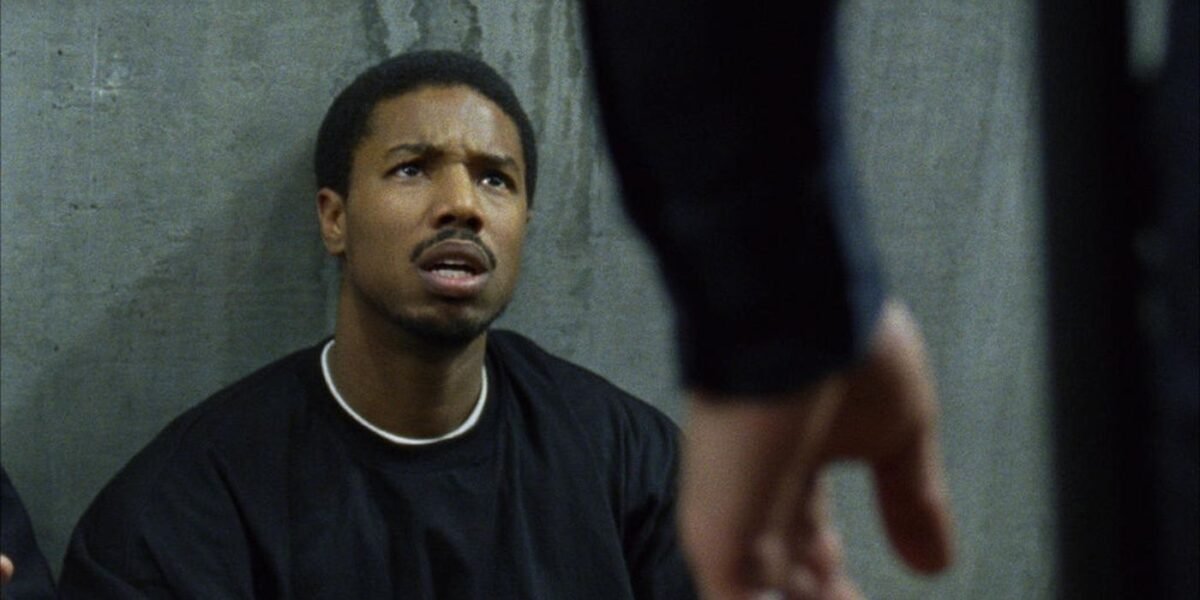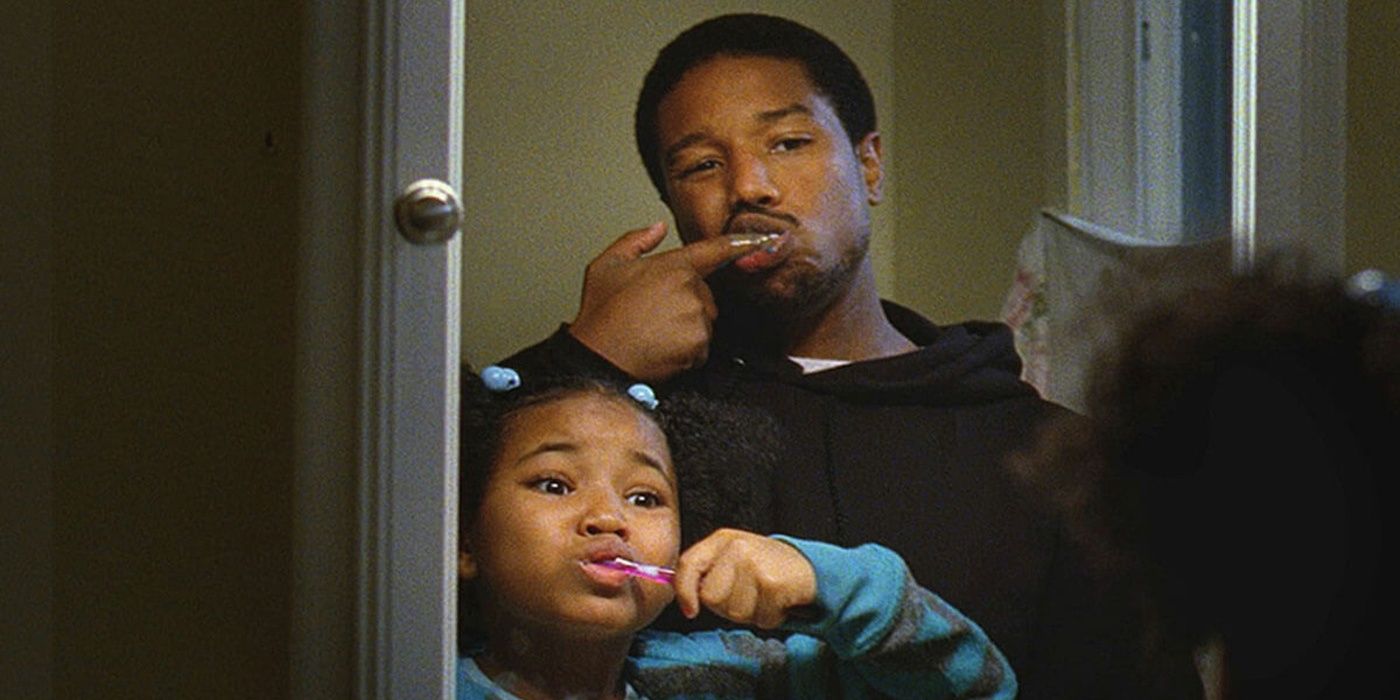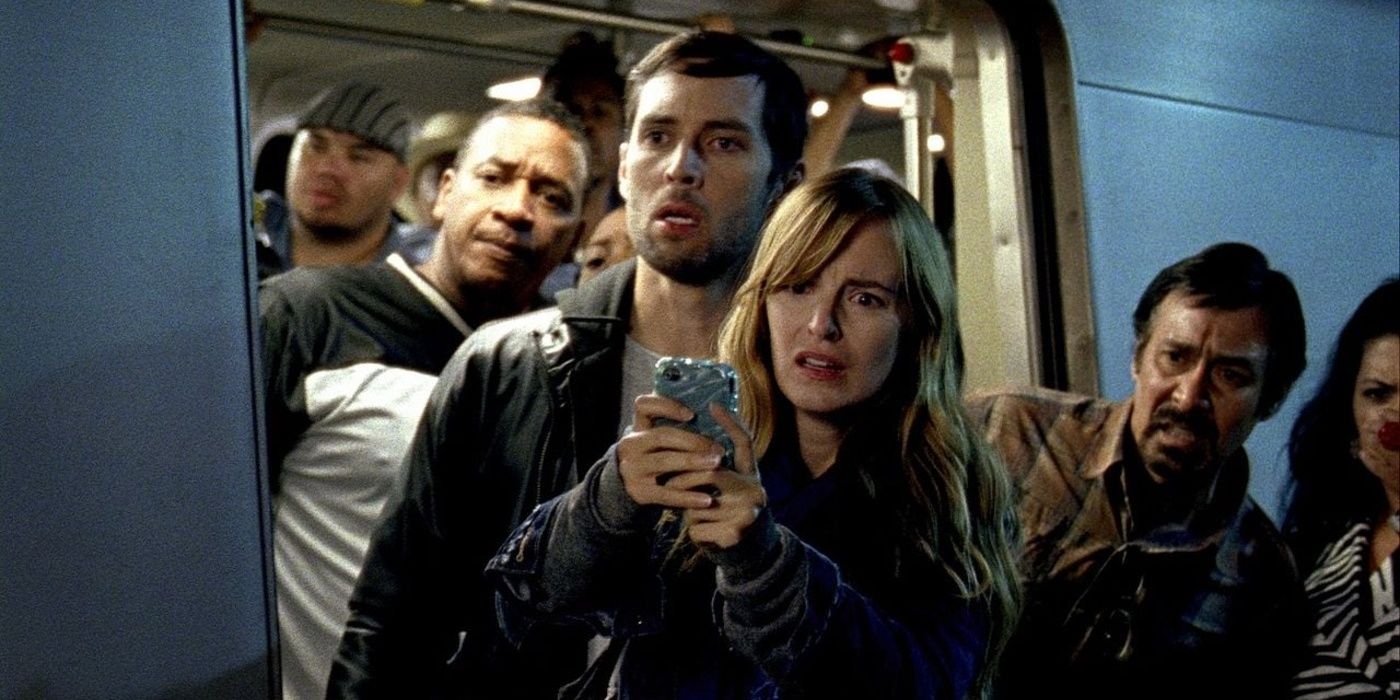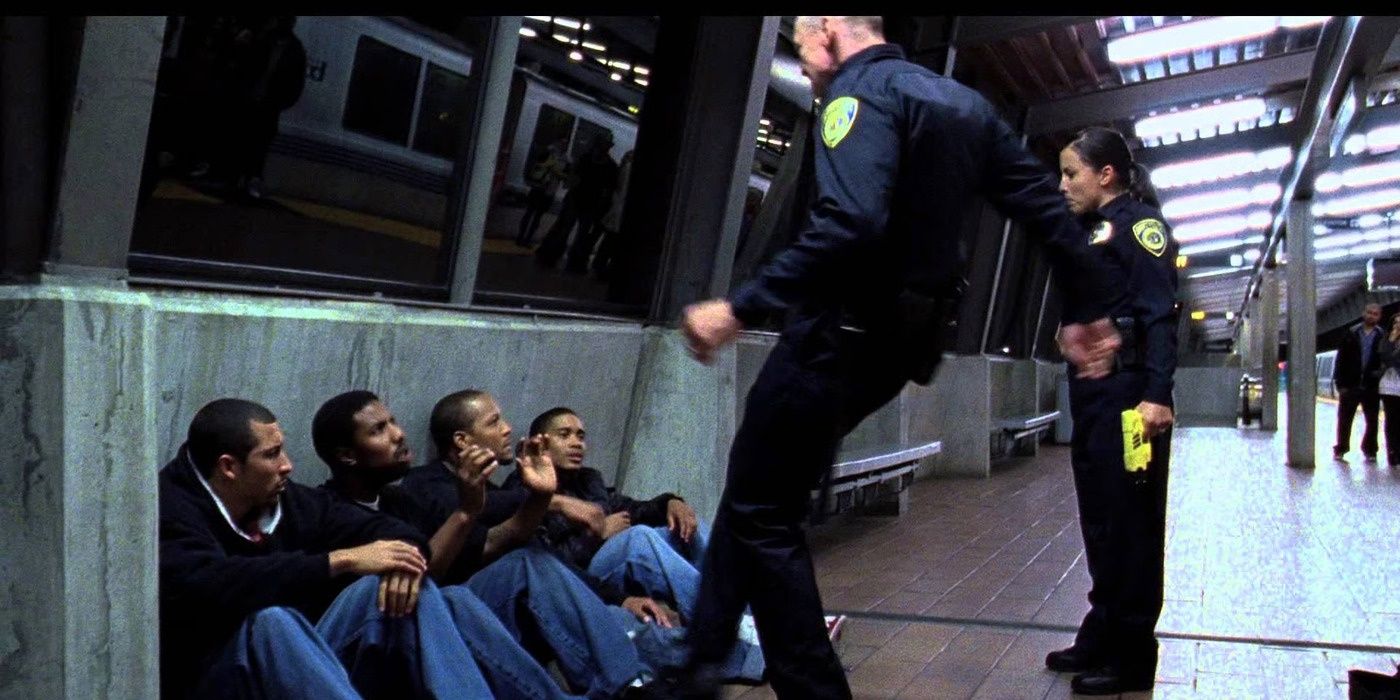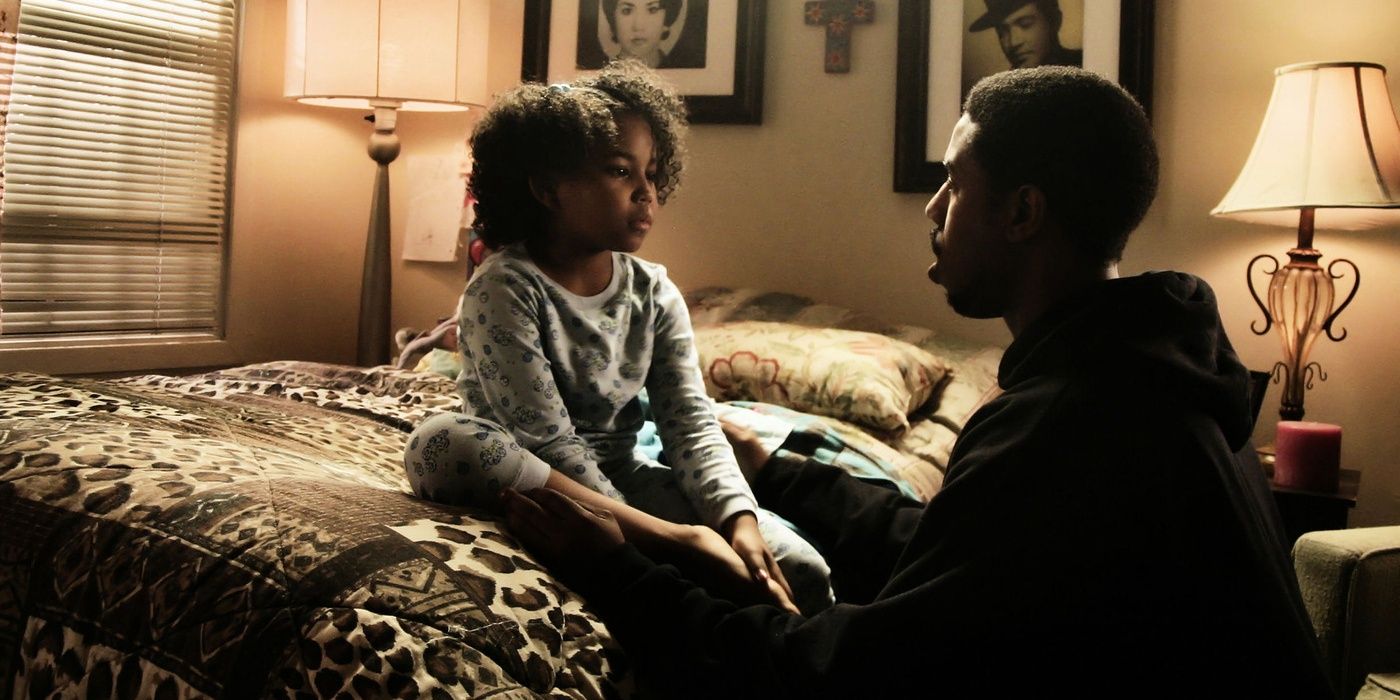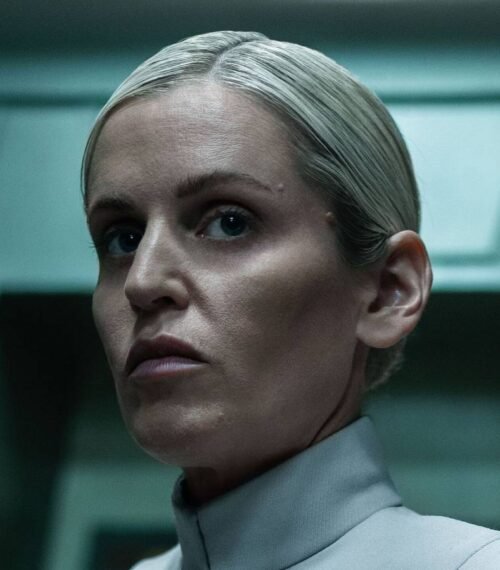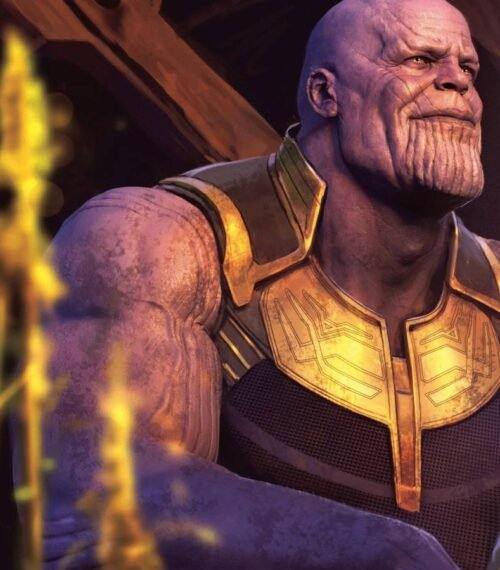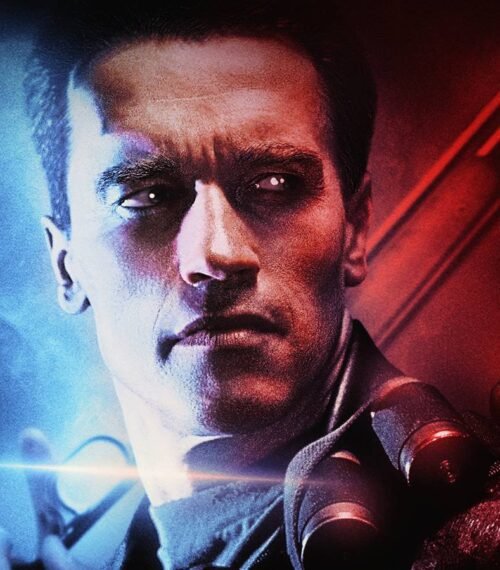It isn't rare for filmmakers to forge strong alliances with performers they have come to work with at a certain point in their careers. Martin Scorsese would call such actors his muses, as made famous by a video in which he proclaims a small dog the newest star of his films. But even though directors sure have their preferences when it comes to who's going to play the lead in their newest projects, it is rare for a filmmaker to be able to work with a muse throughout all of their pictures. Christopher Nolan did not feature Cillian Murphy in Interstellar, and Greta Gerwig had to give Saoirse Ronan a break after working with her in both Lady Bird and Little Women, just to name a few examples. That's why it feels so awe-inspiring when a duo such as Ryan Coogler and Michael B. Jordan shows up. The two have been working together for five films, and what's even more impressive is that Coogler was the one responsible for elevating Jordan to stardom in his very first debut film, Fruitvale Station.
Recently added to Hulu's catalog, Fruitvale Station was not Jordan's first film, though. The actor had already been on some lesser-known projects, such as Red Tails and Hotel Noir, and had even gotten a major role in the 2012 cult superhero film Chronicle. Besides those credits, Jordan had also been building a solid career on television. However, when Fruitvale Station came along, things certainly took a turn. Jordan was cast to star as Johnny Storm in the 2015 flop Fantastic Four adaptation, and, in that same year, got back to working with Coogler on Creed. From then on, their partnership has yielded celebrated fruits like Black Panther and, most recently, Sinners. However, big blockbuster characters like Killmonger and Adonis Johnson have certainly given Jordan his own claim to fame.
'Fruitvale Station' Is Based on the Real Life Murder of Oscar Grant
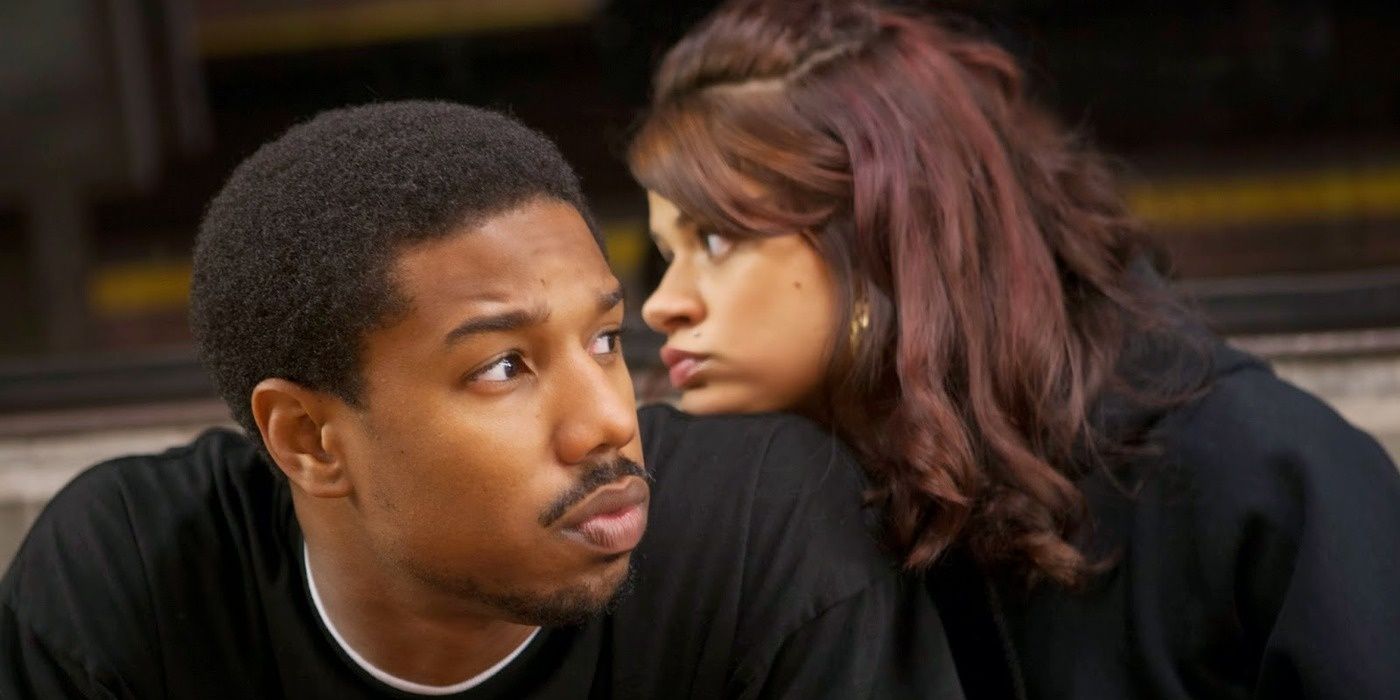
When things got started, however, they were very different. Fruitvale Station is not a movie with an MCU-like budget. Instead, it is an independent project with very clear political inclinations. The movie is based on the real-life murder of Oscar Grant III, a 22-year-old father of a young girl who was killed by an Oakland police officer named Johannes Mehserle in 2009. The murder took place on New Year's Eve at the Fruitvale Bay Area Rapid Transit station, and was witnessed by many passengers. As the images circulated on the internet, protests were organized, and the case became one of the many blueprints for what would become, just a few years later, the Black Lives Matter movement.
Motivated by numerous murders of Black youths between the years of 2012 and 2014, the most notable of which being the killing of 17-year-old Trayvon Martin in Florida, the BLM movement was also behind a whole uptick in the production of movies about civil rights and Black history in general. But while we can definitely point to the success of films like 2018's BlacKkKlansman and 2016's Moonlight as the result of the rising interest in stories told by Black artists and, at least to some extent, for a Black audience, few films are as intimately tied to the Black Lives Matter movement as Fruitvale Station, a movie about the brutal slaughtering of a Black man released just as the protests were gaining momentum.
Alongside its sheer quality, the film's topicality ensured it would become a critical darling. Up to this day, Fruitvale Station enjoys a 94% score on Rotten Tomatoes, and audiences also seem to be pretty enthralled by it. There were, of course, some detractors, with Variety notably calling the film responsible for "rabble-rousing," which surely places the blame for the protests and riots that erupted after Grant and Martin's deaths in the wrong place. While there is something to be criticized about the saccharine nature of the dialogue between Jordan's Oscar and his daughter Tatiana (Ariana Neal) and his mother Wanda (Octavia Spencer), the movie is by and large a realistic portrayal of the last day of a man on Earth, with very few attempts at turning it all into a sob fest.
'Fruitvale Station' Favors a Realistic Approach
Instead, Coogler favors a day-in-the-life approach that avoids turning Oscar's real-life story into a very cohesive tale. The closest we get to it is a scene in which Oscar tries to help a dog that was hit by a car, which might lead viewers to draw a parallel with his own death, but can also be read as just a testament to the character's kindness. Cinematographer Rachel Morrison, who also worked with Coogler on Black Panther, also makes sure that we don't see Oscar's day-to-day business as a pasteurized melodrama, going for shaky cameras and granulated images that lend a certain realistic quality to the film.
What emerges out of this combination of factors is history, and for more than one reason. For starters, Fruitvale Station kickstarted the careers of both Coogler and Jordan, who have both become household names in Hollywood ever since. But, perhaps most importantly, Fruitvale Station serves as a portrait of a certain period in time – a period that has not yet ended, not in the U.S. and not in many other countries.












































































































